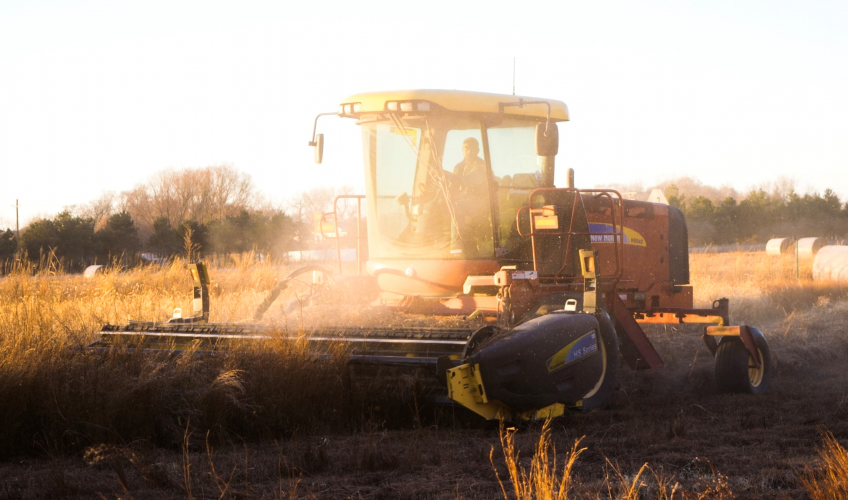Business to Business contracting: farm plant, machinery & vehicles
20 Apr 2018

It’s that time of year again when farmers will be in their sheds, greasing and oiling machinery in an attempt to get it in good repair and working order so that at the first spell of good weather, they can head out to the fields to get the Spring crop in. Some will have perhaps invested in new machinery costing thousands of pounds. At times such investment is assisted by loan facilities such as hire agreements or by other commercial facilities offered by the farmer’s bank.
But what happens when that machinery breaks down and the farmer’s heart is broken trying to get it fixed in a race against time and weather to sow his crop or cut grass? Defective machinery can have a catastrophic effect on productivity and the ability to turn a profit. So what rights and protections do farmers have when purchasing allegedly defective machinery, plant and vehicles?
The Consumer Rights Act 2015 came into effect in Northern Ireland on 1st October 2015. No doubt many local farmers heard or read about it in agricultural magazines and newspapers at the time. Unfortunately, that Act does not protect farmers purchasing machinery, vehicles or equipment for use in their farming business.
The Consumer Rights Act 2015 defines a consumer as an individual acting for purposes which are wholly or mainly outside that individual’s trade, business, craft or profession. The simplification of the rights and remedies available to consumers by the Consumer Rights Act 2015 does not therefore assist local farmers.
However, worryingly, it seems, some farmers continue to believe that they are afforded all of the protection of consumer legislation when purchasing vehicles, plant and machinery. As a result, there is an ignorance of the fact that they will be treated as a business and as such may not enjoy the full statutory protections available to an individual. All too often, the written terms and conditions of the contract between the farmer and supplier of the goods or the finance house are ignored, to the detriment of the farmer.
Since a farmer is treated as a business by the 2015 Act, a farmer’s statutory rights therefore remain those which are provided for by Sale of Goods Act 1979, as amended to date. As such, whilst there is a degree of protection concerning the fitness for purpose and satisfactory quality of goods, very often standard terms and conditions entered into with a supplier or finance house can mean that those rights are heavily limited and that maximum caps may be placed on the farmer’s ability to claim damages for loss and profit. Very often a claim can be limited to damages to repair machinery without account taken of the destruction of the farmer’s profitability.
It is a fact of working life that vehicles, plant and machinery may fail. If you are thinking of buying a tractor or machinery and want to be ensure you have adequate protection if something goes wrong, do not presume that you will have it under the current legislation. Seek advice on the terms and conditions that you are about to enter into and renegotiate these if necessary. It is much cheaper to do this at the outset than to be left with the financial consequences if you are not adequately protected.
Murlands have a team of solicitors who will happily advise on these terms and conditions and ensure that you are best protected when entering into agreements with suppliers and financial institutions. Equally, should you experience difficulties with vehicles, plant and machinery please do not hesitate to contact us for advice.
